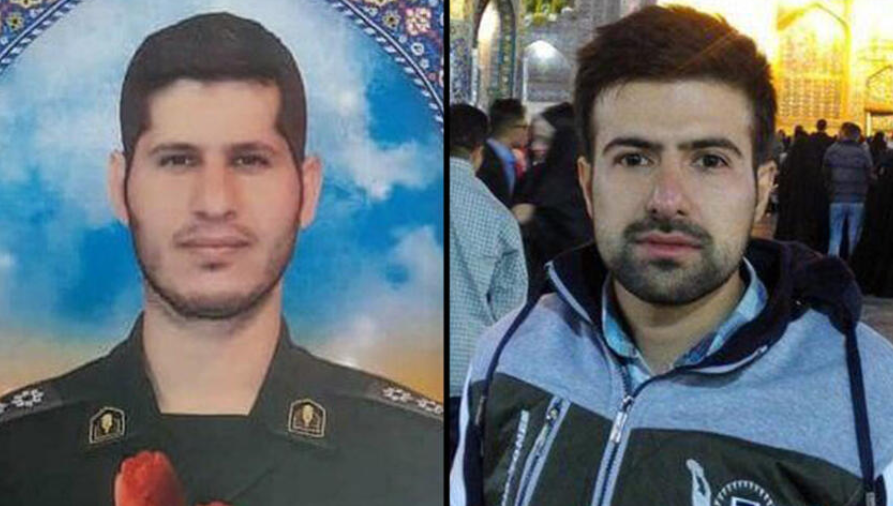Ukraine crisis may accelerate JCPOA agreement with Iran
Published on Tuesday 22 March 2022 Back to articles
Iranian flag outside the International Atomic Energy Agency headquarters in Vienna
The Vienna talks seem to be on their final leg. It is now clear that the new deal will take the form of a roadmap towards what can be termed ‘less for less’ compliance with the Joint Comprehensive Plan of Action (JCPOA), although it may be presented as a return to the agreement.
In other words, the agreement will offer definitions on what can be understood as compliance within new technical, political, and legal realities.
During the negotiations it became clear that the JCPOA signatories were looking for specific key outcomes:
- Tehran wanted to get rid of external sanctions to be able to jumpstart its economy.
- Western powers were focused on prolonging Iran’s breakout time to develop a nuclear weapon.
- Eastern powers were concerned about the non-proliferation aspects of the accord.
Now that it is almost certain an agreement will be reached, the issue is to identify the priorities of all the parties in the aftermath.
The first challenge for Tehran will be how to present the compromise to the political establishment and the public. Iran has evidently not achieved its initial goal of getting all sanctions lifted. On 21 February, while visiting Qatar, President Ebrahim Raisi remarked instead that ‘key sanctions’ would be lifted.
The Ukraine crisis and the implications for EU energy security has given the European Union additional reasons to push for sanctions on Iran to be lifted. On the one hand, that would ease pressure on crude oil prices, and on the other it would open up Iranian exports to Europe. Even though Iran won’t be able to export gas to replace some Russian supply to Europe, Iranian exports of petrochemicals and other gas-based products such as steel could increase.
An agreement stemming from the Vienna talks will generate economic momentum by unleashing new investments in Iran, in part on the release of Iranian assets abroad and in part because it will enable economic players to finalise their investment decisions.
Once a deal is signed it will be important to monitor Ayatollah Ali Khamenei’s statements, as his tone is beginning to diverge from the one that he took during President Hassan Rohani’s era. On 9 January, he stated for the first time that Iran could interact directly with the United States, while resisting US bullying. Such statements may open new opportunities for direct Iran–US talks.
Sanctions relief will widen rifts between the various conservative and hard-line sub-factions as they compete for economic benefits. New leaks about institutional and individual corruption can be expected.
A recent push by the conservative politician, Mohammadreza Bahonar, for constitutional reform to give space to the operation of political parties will generate a high-level debate that could have important consequences for Iranian political development. If the proposed amendment passes, centrist political forces will be able to influence political debates more effectively.
The strengthening of the Iranian rial and economic upside of a new deal in Vienna will reduce inflationary pressures and allow lower-income families regain some of their lost purchasing power.
The planned implementation of new restrictions on internet use in Iran will provoke protest, especially from small businesses that will be disadvantaged by the changes, and in parallel with existing protests by teachers.
In the absence of Western investment, Tehran will continue opening up to investment from China and Russia. Judging from recent comments by the petroleum minister, some project awards to Eastern enterprises may be in the works.
This excerpt is taken from Iran Strategic Focus, our monthly intelligence report on Iran. Click here to receive a free sample copy.The March 2022 issue of Iran Strategic Focus also includes the following:
Commentary
- As the Vienna talks take a final lap, what happens next?
- Implications
Politics & Society
- Khamenei supports the negotiators
- Mohammadreza Bahonar on constitutional reform
- Leak on IRGC corruption
- Pandemic update
Special feature
- Iran–GCC relations
Profile
- Abbas Abdi – chairman of association of Iranian Journalists
Economy & Energy
- Optimism over Iran’s frozen assets
- Iran–EU trade
- Petroleum plans



